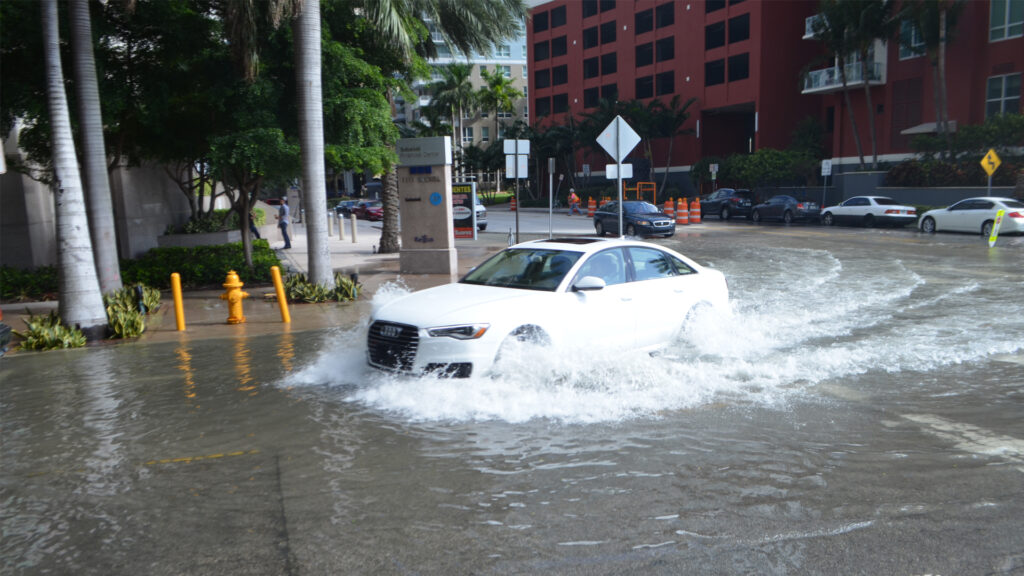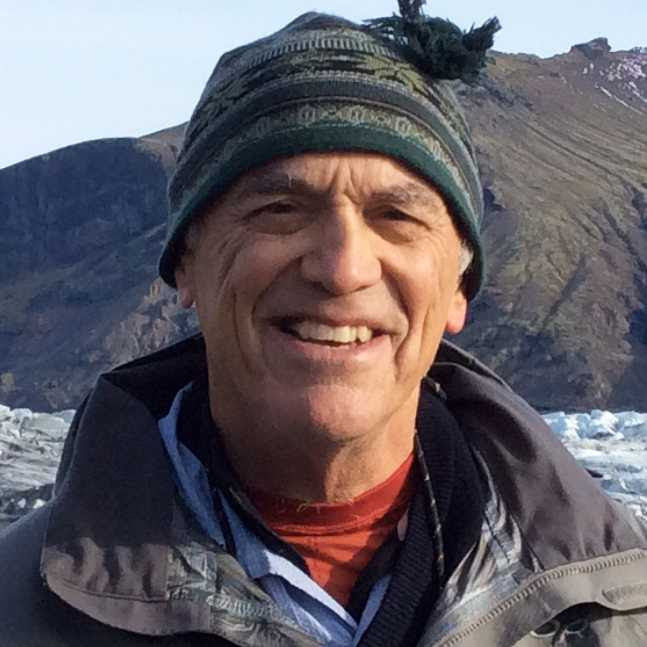By Rafe Pomerance
The 28th convening of the United Nations Framework Convention on Climate Change — known as the Conference of the Parties or COP28 — just wrapped up in Dubai after two weeks of contentious talks. This annual convening is where governments are supposed to discuss how to limit and prepare for future climate change.
In the end, 200 countries called for a transition away from fossil fuels “in a just, orderly and equitable manner while accelerating action in this critical decade, so as to achieve net zero by 2050 in keeping with the science.”
I was not in Dubai but I was part of COP1 in Berlin in 1995 and take a long game perspective — taking steps, now, to set the table for long-term success — but regardless of this step forward, the reality is that the commitment made at COP28 isn’t moving us fast enough.

We must all work to make a transition away from the carbon emissions from fossil fuels, a reality in order to protect us from a range of impacts, including rising seas that threaten many coastal economies.
It’s clear we need a different way of looking at this challenge. While climate talks have been framed as staying under 2 degrees Celsius, ideally 1.5, we need an additional metric to weigh whether we are meeting this challenge for the safety and prosperity of the people inhabiting the planet.
The 2015 Paris COP21 conference set a goal to “strengthen the global response to the threat of climate change by keeping a global temperature rise this century well below 2 degrees Celsius above pre-industrial levels and to pursue efforts to limit the temperature increase even further to 1.5 degrees Celsius.”
2023 will go down as the warmest year on record and in July we even briefly exceeded 1.5 degrees of warming above pre-industrial levels. Now is the time to recalibrate with a new metric and bring clarity to what’s at risk and how to protect this place we call home.
How many people know — at a practical level — what it means to warm 1.5 or 2.0 degrees Celsius and its effects? Very few comprehend the consequences and for a U.S. audience, the goal being in Celsius makes it even more confusing for lay people and also easier for fossil fuel promoters to greenwash with the idea we can adapt our way out of the problem.
We must shift the dialogue to one that is understandable in practical terms for the broadest audience because how we have framed this crisis is not moving the needle fast enough.
Given this, after consulting with a group of scientists and experts, ReThink Energy Florida developed a campaign in the context of another vulnerable place, Keep Florida Above Water, that offers lessons for other low-lying places. The fact is that Florida has seen a foot of sea rise since the 1960s. Another foot is baked in even if we turned the CO2 spigot off tomorrow. The costs become exponentially higher to adapt as we see sewage systems backing up into streets, inland flooding, rain bombs, saltwater intrusion into freshwater supplies and insurance going through the roof — if you can get it.

While there is a need to adapt to rising seas and other climate impacts, the fact is that there is an upper limit to the sea rise that coastal areas and island nations can withstand and still remain economically viable. Rising seas threaten the pillars of Florida’s economy — tourism, agriculture, real estate, construction and ports. The economic impacts may be different in different parts of the world but the basics are the same. We must adopt an upper limit on sea-level rise, and reduce greenhouse gas emissions consistent with reducing it to the lowest possible level.
We cannot adapt our way out of the climate crisis. We can only avoid the worst impacts by dramatically reducing greenhouse gas emissions. But sadly, global emissions are at their highest level in history and continue to rise.
If passing the 1.5 degree temperature goal limit doesn’t wake us up, maybe understanding that massive action toward a clean energy transition is required to keep us all above water.
Simply put: We must immediately lower the rate of sea-level rise to the maximum extent possible. And the window for action is closing so no time for delay.
Rafe Pomerance, a consultant to ReThink Energy Florida and the Upper Limit Project, is a distinguished senior Arctic policy fellow with the Woodwell Climate Research Center.
If you are interested in submitting an opinion piece to The Invading Sea, email Editor Nathan Crabbe at ncrabbe@fau.edu. Sign up for The Invading Sea newsletter by visiting here.



